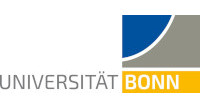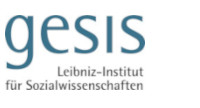Research
The research initiative fundamentally assumes that human development is increasingly influenced by processes of technologization. This is to be understood both in terms of the physical existence of humans and in terms of structural-systemic relations of society and its orders. In this respect, humans and technology can no longer be viewed in isolation from one another; rather, future processes must be described as a constant interaction between (still) man-made technologies and their manifestations in everyday human life. In doing so, a multitude of practices, phenomena and interactions must be captured. The aim of the interdisciplinary projects is to differentiate autonomous systems in the conflicting field between human bodies, social and political environments as well as superordinate systems and to detail and systematize them in their respective contexts.
The outlined clash between technology and humans becomes particularly tangible when it seems that technologies access fundamental human characteristics, needs, orders or bases of existence, question them as human attributes or compete with them. All this, according to the project group's thesis, is the case at the moment when machines or technologies are granted 'autonomy'. Roles and functions of autonomous systems sometimes manifest themselves selectively and disruptively, but mostly in larger time frames and in the form of increasingly complex processes that can often no longer be differentiated or experienced in everyday human practices and thus lead to crisis-like events that call into question the values and norms of entire societies.
The debates about 'autonomy' can thus be seen as a symptom of a profound shift in the relations between technology, media, culture and society. The introduction of the autonomous technologies is currently creating surpluses of possibility, to which society is reacting in the form of new cultural practices. Anyone who wants to discuss how the autonomy of technology relates to human autonomy must also include practical consequences of action. As an attribution of morality, responsibility, etc., the capacity or function of self-determination as such is not easily applicable to technical systems. This is not a question of the empirical performance of such systems but is based on the modes of attribution necessary for the recognition of counterparts as moral persons.



